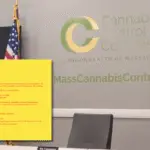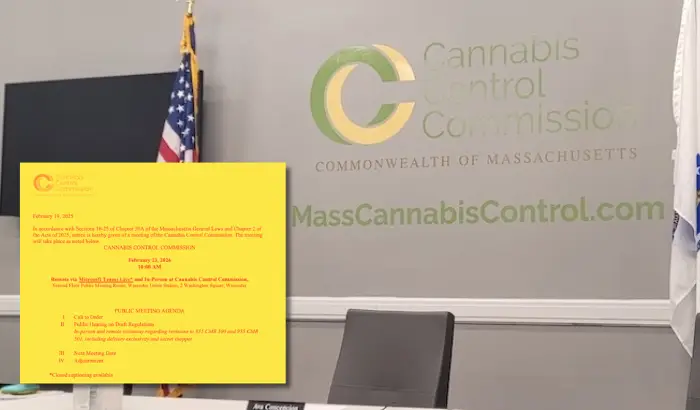
“Older patients represent an increasingly important subset of the medical cannabis population whose unique needs and patterns of use warrant further investigation.”
Patients authorized to use medical cannabis products report decreasing their use of opioids, alcohol, tobacco, and other substances, according to a data analysis published in the journal Cannabis.
Investigators surveyed 2,697 Canadian medical cannabis registrants. The mean age of participants was 54.3 years of age.
Consistent with other surveys, respondents frequently reported substituting cannabis in lieu of other substances.
Among those respondents prescribed opioids, 54 percent said that they had reduced their intake over the past year. Among those taking other medications, just under one-third said that they had decreased their use.
Of those respondents who reported consuming alcohol, 38 percent reported reducing their use. About one in four respondents who consumed tobacco products said that they had reduced their use. “Given the significant rates of morbidity and mortality associated with both alcohol and/or tobacco/nicotine use in Canada and around the globe, the … reported reduction in use in the present study may represent a significant public health impact,” the study’s authors wrote.
They concluded: “Our data suggests that transitions towards higher risk substance use patterns are unlikely to be exacerbated by the use of medical cannabis. … Use of medical cannabis was associated with symptom improvement and meaningful reductions in the use of prescription opioids and non-opioids, unregulated drugs, alcohol, and tobacco. … Overall, our results highlight that older patients represent an increasingly important subset of the medical cannabis population whose unique needs and patterns of use warrant further investigation.”
Commenting on the study’s conclusions, NORML’s Deputy Director Paul Armentano said: “These findings belie that claim that cannabis is a so-called ‘gateway drug’ and reinforces the notion that, for many individuals and for patients especially, it acts as a exit drug. As legal access continues to expand, one would expect the cannabis substitution effect to grow even more pronounced in the future.”
This article was reprinted from NORML. The full text of the study, “Age-related patterns of medical cannabis use: A survey of authorized patients in Canada,” is available from The Research Society on Marijuana. Additional information is available from the NORML Fact Sheet, “Marijuana and the ‘Gateway Theory.’”























